What the One Big Beautiful Bill Act Means for the Employee Retention Credit
July 16, 2025
The Employee Retention Tax Credit (ERTC) was established under the Coronavirus Aid, Relief, and Economic Security Act (the CARES Act) in 2020 as part of the federal response to the COVID-19 pandemic. The credit was designed to help employers cover a portion of their payroll costs and encourage them to retain employees during the pandemic.
Since its enactment, one of the most significant challenges associated with the ERTC has been the rise of aggressive promoters who encouraged businesses to claim the credit – even when they did not qualify. In response, the newly enacted One Big Beautiful Bill Act (OBBBA) includes provisions that (1) retroactively suspend certain pending claims, (2) extend the statute of limitations for auditing claims, and (3) impose enhanced penalties and enforcement measures to address past abuse.
Retroactive Suspension of Certain Claims Filed After January 31, 2024
Effective upon enactment of the OBBBA, certain ERTC claims filed after January 31, 2024, are disallowed – even if the usual statute of limitations would otherwise permit a later filing. The restriction applies to claims made under Section 3134 of the Internal Revenue Code for wages paid in the third and fourth quarters of 2021. Claims for wages paid in 2020 and the first two quarters of 2021 remain unaffected, as do any ERTC refunds already issued.
Extension of Statute of Limitations
The statute of limitations for assessing ERTC Claims related to wages paid in the third and fourth quarters of 2021 has been extended under the OBBBA. Previously, Section 3134 of the Internal Revenue Code provided a five-year limitations period from the date the original return was filed. Under the new law, this period has been extended to six years. As a result, claims for wages paid in the third and fourth quarters of 2021 may now be subject to IRS assessment through April 15, 2028, or six years from the date the claim was filed, whichever is later.
It’s important to note that this extension applies only to claims for the third and fourth quarters of 2021. The statute of limitations for ERTC claims related to wages paid in 2020 and the first two quarters of 2021 remains unchanged. Those deadlines expired on April 15, 2024, and April 15, 2025, respectively.
20% Penalty for Erroneous Refunds
Section 6676 of the Internal Revenue Code imposes a 20% penalty on erroneous refunds of income taxes. Under the OBBBA, this provision has been amended to also apply to erroneous refunds of employment taxes (payroll tax). This change enables the IRS to apply the penalty to ERTC refunds, to which Section 6676 did not previously apply. This potential penalty applies to all ERTC claims, not just those relating to wages paid in the third and fourth quarters of 2021.
COVID-ERTC Promoters and Due Diligence Requirements
The OBBBA introduces the term “COVID-ERTC Promoters,” which is defined as “any person which provides aid, assistance, or advice” regarding an ERTC claim if the person satisfies one of two tests:
First Test: The person receives a fee based on the amount of the ERTC credit or refund, and more than 20% of the person’s gross receipts are attributable to ERTC-related activity.
Second Test: The person’s fee does not need to be based on the ERTC credit or refund, but either of the following must be true:
- More than 50% of the person’s gross receipts are attributable to ERTC-related activity; or
- More than 20% of the person’s gross receipts are attributable to ERTC-related activity, and those receipts exceed $500,000. For this test, aggregation rules under Sections 52 and 414 of the Internal Revenue Code apply.
Individuals or businesses that meet the definition of a COVID-ERTC Promoter under the new law are now subject to due diligence requirements modeled after those in Section 6695(g) of the Internal Revenue Code. These standards require promoters to exercise reasonable care in evaluating an employer’s eligibility for the ERTC and in accurately calculating the amount of the credit. A penalty of $1,000 applies to each failure to meet these due diligence obligations. This enforcement provision addresses a widespread issue during the pandemic, when many ERTC promoters submitted claims with little to no verification of eligibility or accuracy – resulting in significant abuse of the program.
Overall, the ERTC-related provisions in the OBBBA address concerns about how the ERTC was promoted and claimed, with a particular focus on claims relating to the third and fourth quarters of 2021. By targeting questionable promotional practices and creating consequences for erroneous or unsupported claims, the law aims to reinforce the integrity of the credit after the fact.
Click to return to Larson & Company's One Big Beautiful Bill Act summaries.

Craig is a Tax Partner at Larson & Company. He specializes in tax planning and preparation for individuals, small-to-medium sized businesses, and captive insurance companies.
LinkedIn

.png)



